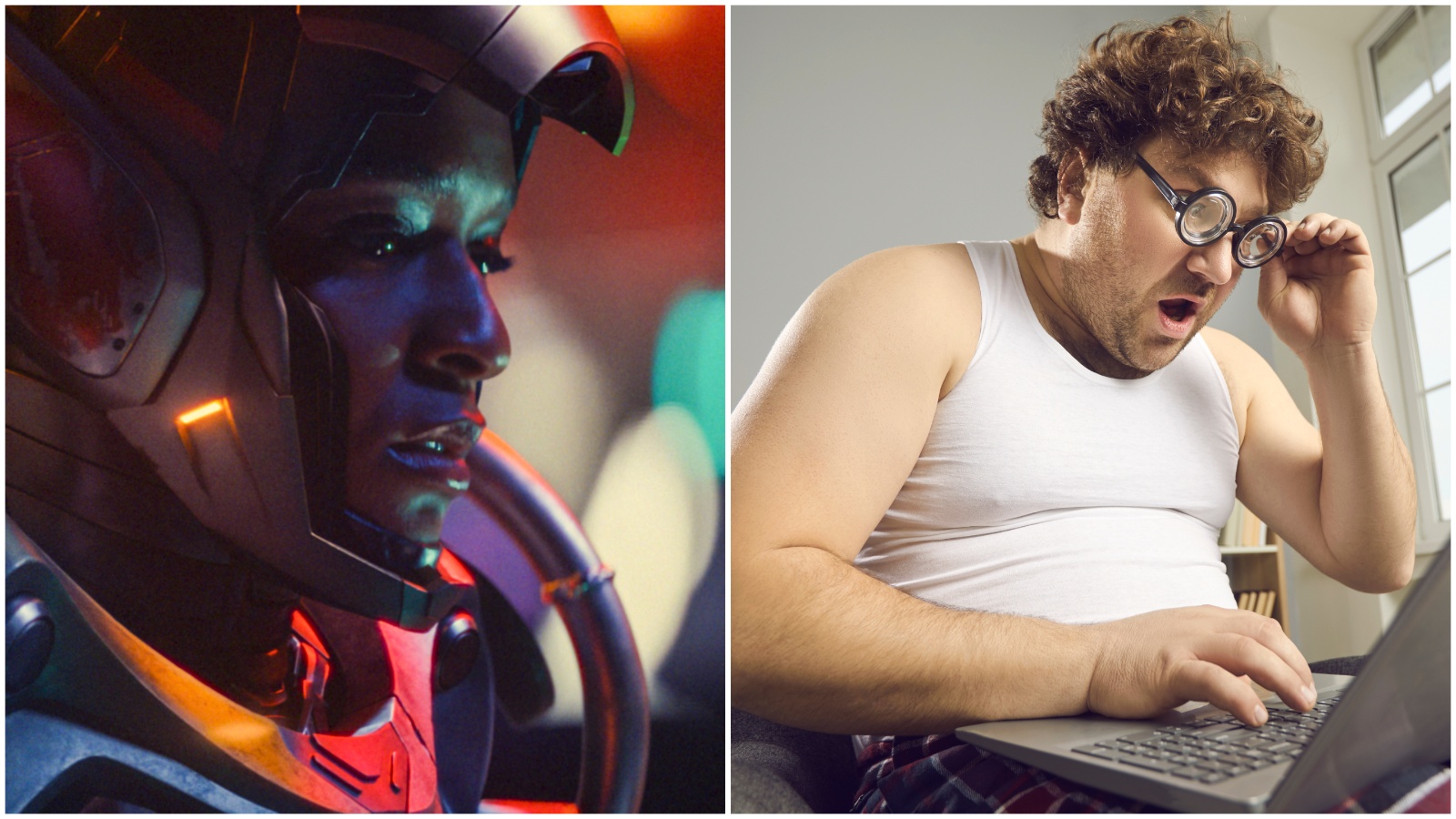Ironheart Review Bombing Confirms What Online Trolls Are Really About

'Ironheart' Faces Online Backlash Ahead of Premiere, Sparking Debate on Representation
Disney+'s upcoming series 'Ironheart,' starring Dominique Thorne as Riri Williams, a young, Black, female engineering prodigy who builds her own Iron Man-inspired suit, is facing a wave of negative online reviews and comments even before its official release. This preemptive backlash has ignited a discussion about online trolling, representation in superhero narratives, and the challenges faced by diverse characters entering established franchises.
Review Bombing and Negative Sentiment
The first three episodes of 'Ironheart' are scheduled to premiere tonight. However, the series has already garnered a significantly low audience score on Rotten Tomatoes, with users posting negative reviews despite not having seen the show. This phenomenon, known as "review bombing," is often used to express disapproval of a film or series based on factors unrelated to its actual quality, such as casting choices or perceived political agendas.
The negativity extends beyond review sites, with online forums and social media platforms filled with disparaging comments about the show's premise and lead actress. A teaser trailer for the series also saw a disproportionately high number of "dislikes," further indicating a coordinated effort to undermine the series' reception.
The Representation Debate
Critics of the backlash argue that much of the negative sentiment stems from resistance to seeing a character traditionally portrayed as white, or male, reimagined in a different light. "This is a pattern we've seen repeatedly," says Dr. Sharon Ross, a professor of media studies specializing in representation in popular culture. "When a character's identity is altered to reflect a more diverse society, a vocal minority often reacts negatively, claiming that it's 'unfaithful' to the original material or that it's somehow 'unfair' to create new characters of color or female characters."
This resistance contrasts sharply with the growing demand for diverse representation in media. Studies have consistently shown that audiences, particularly younger generations, want to see characters and stories that reflect the diversity of the real world. "Superhero narratives, in particular, have the power to shape perceptions and inspire audiences," notes comic book historian Peter Sanderson. "By showcasing heroes from different backgrounds, we can challenge stereotypes and promote inclusivity."
Historical Context: Representation in Comic Books and Film
The debate surrounding 'Ironheart' is part of a larger historical trend concerning representation in comic books and their adaptations. For decades, the superhero genre was dominated by white, male characters. While there have been notable exceptions, such as Black Panther and Wonder Woman, these characters often faced challenges in gaining mainstream recognition. More recently, efforts have been made to diversify the superhero landscape, with characters like Ms. Marvel (Kamala Khan), Miles Morales (Spider-Man), and America Chavez gaining prominence in both comic books and film.
However, this progress has not been without its detractors. Some fans argue that these diverse characters are being "forced" into existing franchises, while others claim that they are not as compelling or "authentic" as their predecessors. These arguments often mask underlying biases and a resistance to change, according to social commentators.
The Future of 'Ironheart' and Superhero Representation
Despite the online negativity, 'Ironheart' has a dedicated fanbase eager to see Riri Williams' story unfold. The series has a strong creative team behind it, including head writer Chinaka Hodge and executive producers Kevin Feige and Ryan Coogler. Dominique Thorne's portrayal of Riri Williams in 'Black Panther: Wakanda Forever' was also well-received, generating anticipation for her solo series.
The success or failure of 'Ironheart' could have significant implications for the future of superhero representation. If the series resonates with audiences and overcomes the initial backlash, it could pave the way for more diverse characters and stories in the Marvel Cinematic Universe and beyond. However, if the negativity persists and impacts the show's viewership, it could embolden online trolls and discourage studios from taking risks on diverse representation.
Ultimately, the fate of 'Ironheart' rests on its ability to connect with audiences and tell a compelling story. Regardless of the online noise, the series has the potential to be a groundbreaking moment for representation in superhero media.
Originally sourced from: Movie
